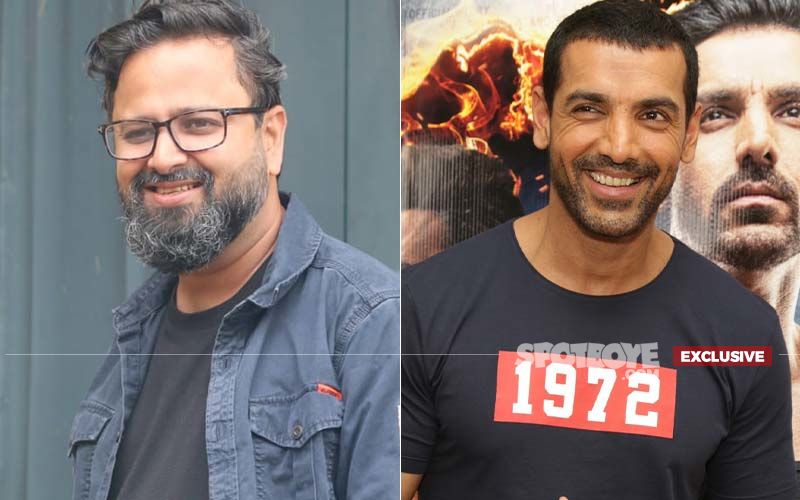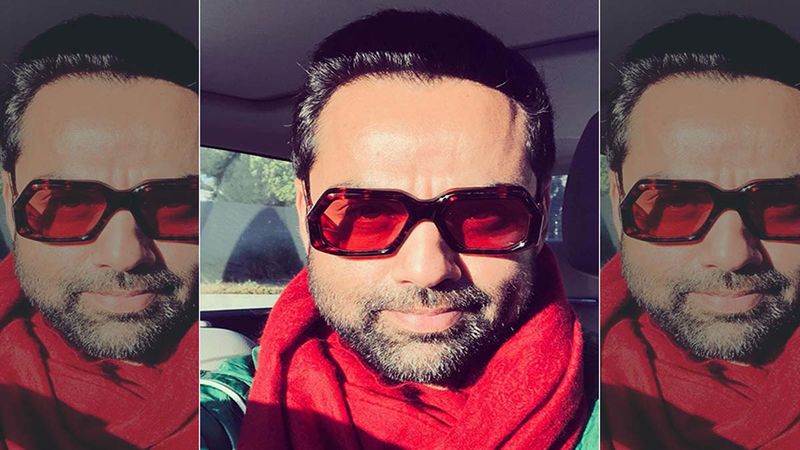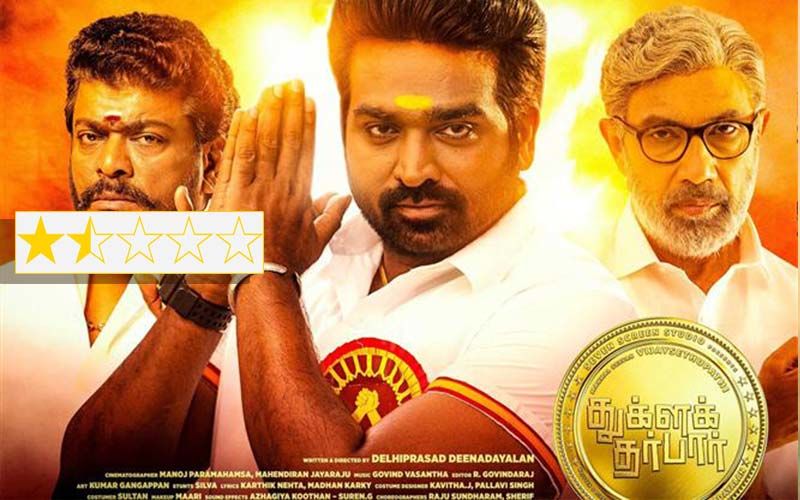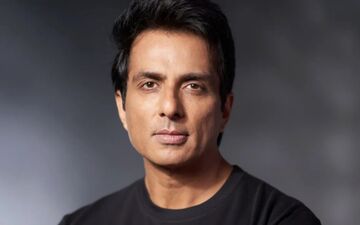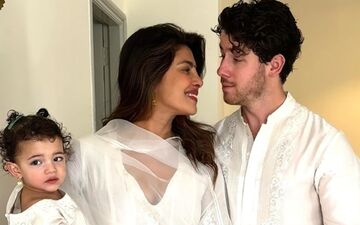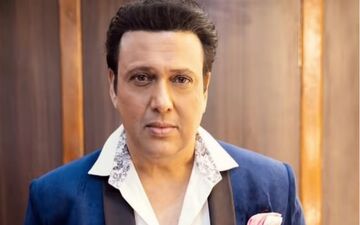Next Enti And Victoria & Abdul - Two Netflix Relationship Films Worth Your While
Here are two Netflix films that should be on your watchlist
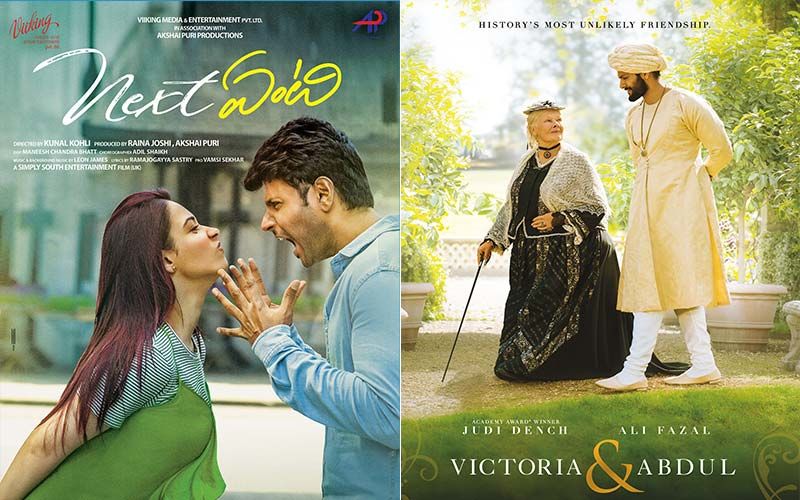
Next Enti (Telugu, Netflix): Telugu cinema is changing fast. Baahubali, Arjun Reddy and now Next Enti. Not that I am suggesting the third has a place along with the first two neo-classics. Not by a wide margin. But there is a flush of flavourful forthrightness in the way Next Enti tackles the dynamics of the man-woman relationship. Not only does it treat the gender equation with playful maturity and casual candour it doesn’t shy away from using the ‘S’ word.
Yes, young couples do have sex before marriage even in conservative societies like the ones in Andhra Pradesh. Arjun Reddy told us that with unexpunged glee. Next Enti uses glamorous filtered exotic settings to give vignette-like glimpses into the lives of two young people in and out of love for two hours until they simply exhaust their armoury of excuses for not being together. Luckily for us, the film doesn’t exhaust us at all. The two hours fly off like a breeze thanks to Kunal Kohli’s brisk tongue-in-cheek writing and the propensity to spin a sexy yarn without slipping on the banana peel of its own cleverness. While Hum Tum, Kunal Kohli’s 2004 Saif Ali Khan-Rani Mukherjee-starrer from which Next Enti seeks inspiration, was interspersed with animation snippets, the Telugu recreation does away with the cartoon strips and simply allows the pair to fight their way out of their ideological differences.
It is very simple, really. He wants to go all the way. She has been brought up to hold back. The film shoots the lovers in London’s luminous light that lends itself to endless discussions on what men want and women don’t always want to give. The entire narrative, punctuated by some easygoing gentle songs and a background score by Leon James, exudes blithe bubbly effervescent vibes.
Tammannah’s scenes with her screen-dad (Sharat Babu) show a buddy bonding between a daughter and her father necessitated by his single status. Motherless, Tammy’s father goes out and buys a whole supermarket of sanitary pads when his daughter begins her menstruation. At 18, he serves her every kind of alcohol and tells her to choose her favourite.
Conversational, quirky, mischievous, tongue-in-cheek and yet relevant Next Enti is a delightful romp into the inner spaces of the rom-com. The film’s real hero is the city of London and its suburbs which are captured in a dreamy haze by cinematographer Maneesh Chandra Bhatt. Some of the images in the film are so edifying they conquer the narrative’s obvious drawbacks (verbosity, leading man’s gawkiness). In one sequence Tammy is shown throwing her co-star out of the house. As he stands hopefully below her window she throws down his shoes as he’s run out in socks. Next Enti is new-age Telugu cinema at its cheekiest. The gender war may not make sense all the way. But does it ever?
Victoria & Abdul (Netflix): There has been a lot of flak aimed at this enchanting film for it subversive look at colonial relationships. For all those who refuse to take history’s lessons lightly, here is some unsolicited advice: get a laugh. And I do mean, laugh. For, in spite of one very moving tearful moment, sunshine and smiles are the dominant forces in Stephen Frears’ look at the very strange yet extremely noble and dignified bonding between Queen Victoria and her young clerical Indian friend Karim who is sent to assuage her royal ego but is soon her closest confidante and only friend in a royal household teeming with opportunists and gold diggers.
This is not to say that Victoria & Abdul trivializes history or, as suggested by some revisionist reviewers, that it turns the relation between the conqueror and the conquered into a soppy soap opera. There is nothing soppy or sloppy about the friendship that grows between the Queen and her royal if a somewhat self-serving servant, divided by cultures and continents the two come together for a platonic friendship that defies all protocol and even basic logic. I mean, as one of the bitchy royal householders mutters under his breath, ‘What does she SEE in him?!”
A lot, apparently. As played by the affable Ali Fazal, Abdul Karim is persuasively charming, cocky and irreverent yet attentive respectful and compassionate…. Just what the Queen needed in her twilight years. And let us be honest, Abdul is not above being a manipulative opportunist. But then as the shrewd Queen retorts, who is not an opportunist in the royal household?
Director Stephen Frears, no stranger to cross-cultural romantic conflicts (who can forget the tumultuous passion between the Pakistani Omar and the British Johnny in Frears’ My Beautiful Laundrette?) here unravels with carpet-like imagery, the burgeoning fondness of the Queen for the tall handsome Oriental subject with a mixture of amusement and wonderment.
Looked at as a telescopic transcription of colonial hearsay, Victoria & Abdul renders itself handsomely and elegantly to the theme of ambivalent passion. Make no mistake. This is a world of unspoken but unmistakable passion. The Queen may whitewash her feelings with as much decorum as she likes. But there is most certainly a dark unexpressed and inexpressible frisson between she and her unlikely brown Muslim friend whom everyone at the Buckingham Palace refers to as ‘The Hindoo’.
Judi Dench drenches the Queen’s Victorian propriety and dignity in the colours of irreverence and iconoclasm. Queen Victoria as played by Ms Dench, eats sumptuously (we see her at the meal table quite a number of times), drinks, burps and probably farts too. And she is not averse to snoring during ceremonial meals with aristocrats and other stuffed shirts (and stockings).
This is a fun queen, living her last years on her own terms. And Ali Fazal’s Abdul Karim provides the Queen with that impetus to be naughty and wild. Their relationship is impetuous and bridled by the Frowning Glory of the royal household. The disapproving brigade of British peers is played by a fine team of English actors all of whom appear ridiculous only from the outside. I especially liked Eddie Izzard’s Bertie, the Queen’s neglected and petulant son, who cannot stand the sight of her embarrassing new Indian friend.
“A brown Mr Brown,” as someone describes Karim with a colourfully colloquial cluck of the tongue, referring to Victoria’s earlier scandalous liaison with a certain Mr Brown that we’ve seen in another (superior) film. The Queen’s association with Karim in this film is far less scandalous because there is no sex between them. Though I am sure she would have liked it to be.
Watching Judi and Ali sink their collaborative teeth into Victoria & Abdul provides us with a delightful if somewhat iconoclastic insight into what the colonial relations would have been like if they had not been encumbered by protocol. There are moments of great tenderness and understanding between Ms Dench and Mr Fazal, almost echoing the tender but troubled relations between Adela Quested and Dr Aziz in E M Foster’s A Passage To India.
Victoria & Abdul has a beautiful heart and body. It feels and looks fetching. It is a work born out of sincere feelings and therefore worthy of the respect that it so flippantly solicits.
